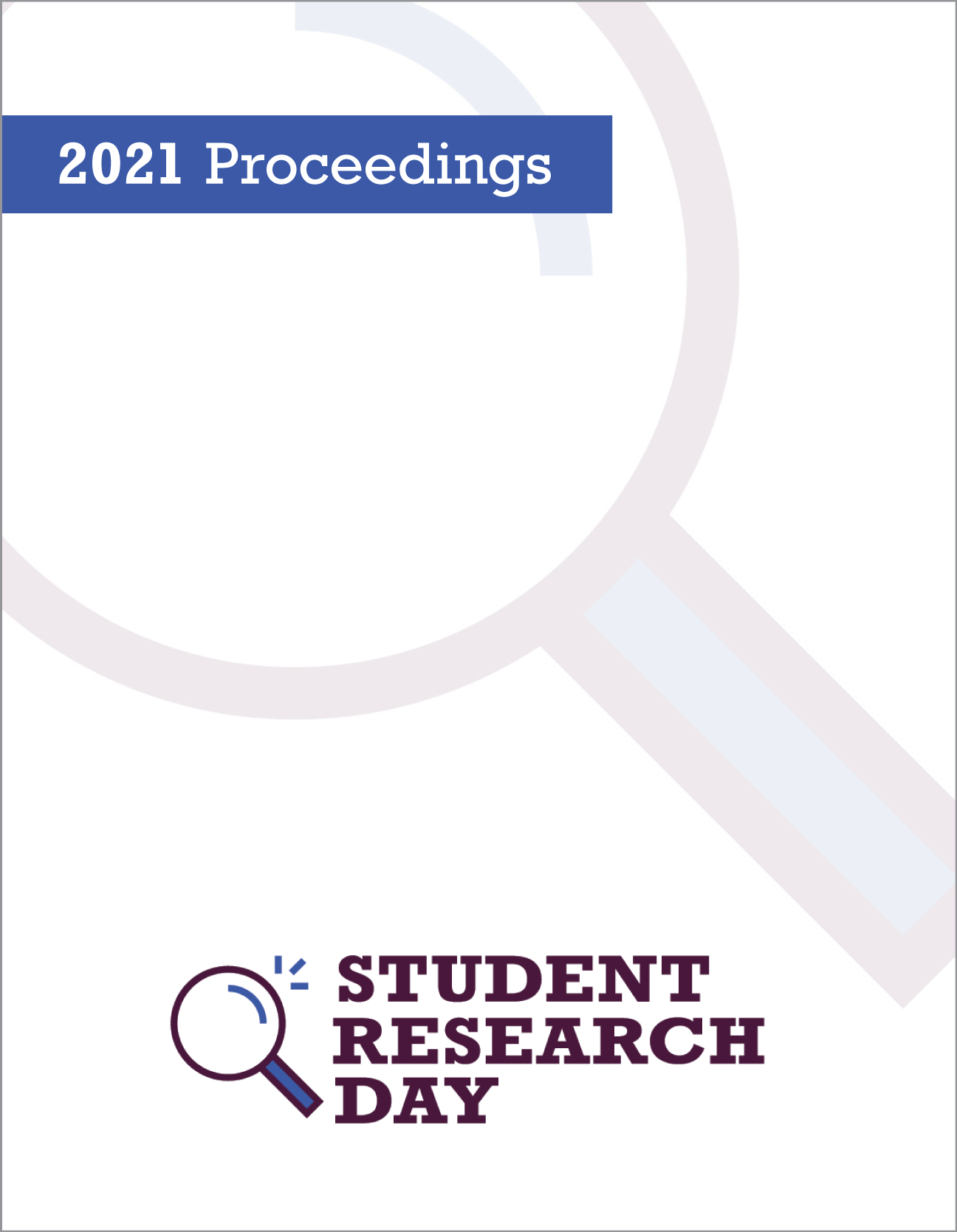Associations Among Parental Attitudes on Technology, Digital Literacy, and Children's Learning Outcomes in the 2020 Pandemic
Abstract
The purpose of this study was to explore how parents’ digital literacy affected children’s learning outcomes while engaging in online learning in the recent pandemic. Digital literacy is the ability to efficiently use technology, navigate through different programs comfortably, and be able to manage information for proper online behaviour. This study focused on the parental perspective of their child’s learning from face-to-face to digital instruction. An online survey was completed by 22 parents with children in grades K-12 attending school in the Edmonton area. The survey explored parents’ digital technology use, their motivation and perspectives on technology in their child’s learning, as well as demographic factors such as ethnicity, digital age, and household income. Students’ school performance was recorded for a number of subject areas. The survey revealed that parents had good digital literacy, access to technology, and positive attitudes on technology for learning. However, some parents reported a lack of their child’s engagement, a desire for greater teacher interaction, and difficulties with balancing parenting and teaching at home. Despite these concerns, detriment to children’s school performance was not observed. The findings shed light on the challenges faced by parents and children’s learning at home in the recent pandemic and have the potential to inform teaching practices that will optimize learning outcomes in online learning settings.
Department: Psychology
Faculty Mentor: Dr. Tara Vongpaisal and Dr. Christopher Striemer
References
Downloads
Published
Issue
Section
License
Authors retain any and all existing copyright to works contributed to these proceedings.



